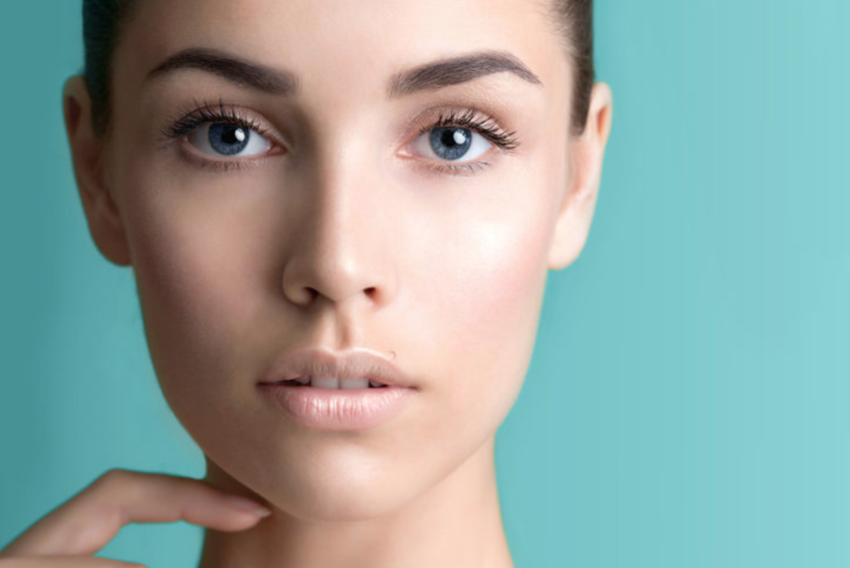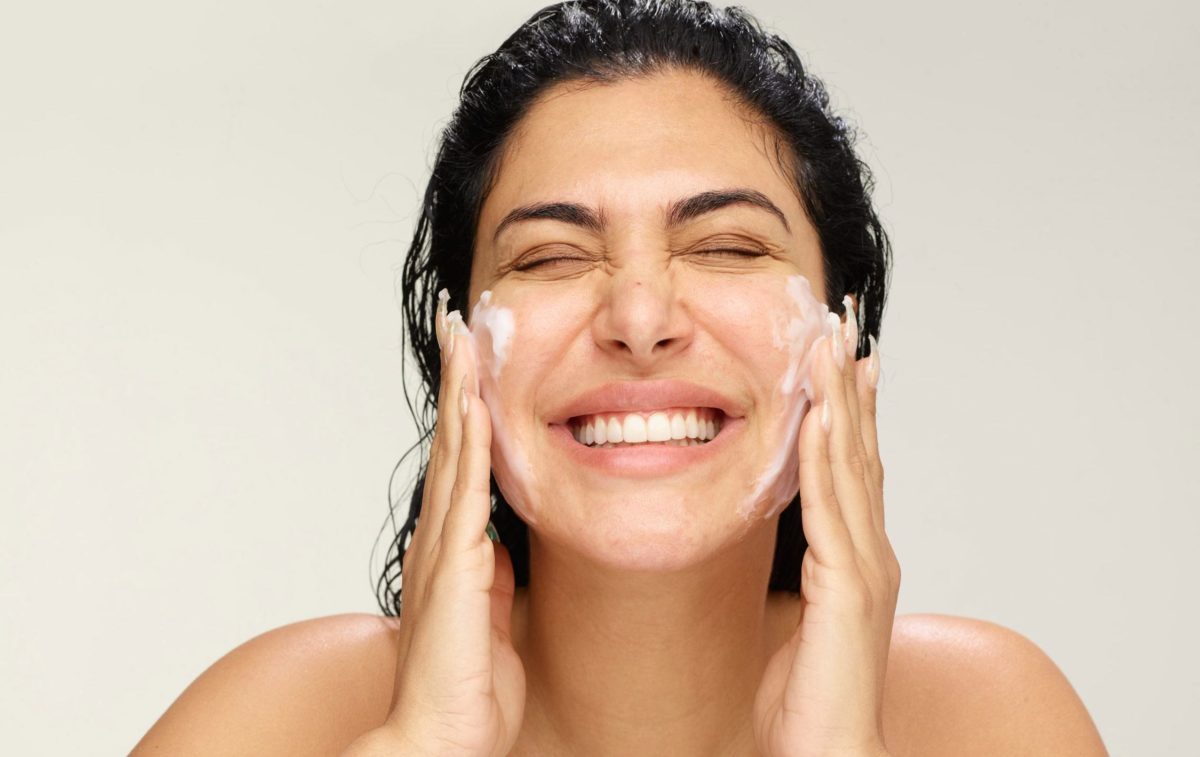5 Things You Need To Know Before You Splurge On Another Moisturizer

Source: Juta/Shutterstock
Moisturizer is one of THE most important parts of your beauty regimen: It’s necessary regardless of your skin type – yes, even if you have oily skin! A good moisturizer nourishes and gives your skin a healthy dose of hydration while sealing in moisture. The problem with buying a new moisturizer, is they’re so damn difficult to understand; you might as well be reading another language. Yes, it might claim it will soften all your wrinkles on the packaging, but that doesn’t mean they’re actually going to do that. Here’s our ultimate guide for buying a moisturizer that actually works for you:
1. Know your skin type:
By knowing your skin type, you’ll be able to buy a moisturizer that’s tailored to your skin’s specific needs, so it’ll be a lot more effective, and you’ll also reduce the chances of a bad reaction. For instance, if you have really sensitive skin and use a product designed for acne-prone skin, it could contain salicylic acid or sulfur, which would seriously aggravate sensitive skin. It’s not just the ingredients list that’s altered for different skin types either; the formulas are also completely different, in order to complement different skin types. For example, a moisturizer for sensitive or dry skin is going to be a heavier formula and will most likely be cream based, so it can really nourish and soothe. Whereas a moisturizer for oily skin will be a lightweight, water-based gel so it won’t clog pores or leave your skin feeling greasy. If you’re unsure what skin type you have, check out our guide.
2. Don’t be persuaded by price or offers:
 via Giphy
via Giphy
We know how tempting it is to buy something you see on offer from a brand you know creates great skincare, but if it’s not for your skin type, then it doesn’t matter how good the product is, it most likely won’t work for you. So, always check the label as most products will specify what skin type it’s made for. If it says appropriate for all skin types, check out the ingredient list to make sure it doesn’t contain anything that could be problematic for your skin.
3. Know what actually works:
When it comes to finding a moisturizer, you need to look for active ingredients that are going to help your skin’s specific needs. So, if you want an skin-firming moisturizer, you’ll need to use a retinol or ceramides for real results. It’s also important to understand what percentage of that ingredient is featured within the product: the primary ingredients are always listed first. So if you’re looking for a moisturizer that’s super nourishing, instead of listing water as its base ingredient, it could be a rich ingredient like shea butter or sweet almond oil. On the contrary, if you look at the ingredient list of the Tatcha, The Water cream, $68, which is for oily skin, the first ingredient listed is water so it’ll be super hydrating and won’t leave your skin feeling greasy. However, you do need to take into consideration that some ingredients are more potent than others, like retinol, AHAs or vitamin C, so it doesn’t necessarily mean a lack of quality. For example, a product only needs to contain 2% salicylic acid for it to be effective.
4. Read the fine print:

via Giphy
We know that this task seems kinda tedious, but if you want skincare that really works, it’s worth doing your homework and reading the labels properly. Firstly, it will tell you what skin type it best suits, but it’ll also tell you how you should apply the moisturizer and if you should apply it along with any other products or tools. It’ll also tell you if it contains any fragrance or alcohol, which is important, especially if you have sensitive skin, as these two ingredients can really irritate it. Or, it may state that it contains any chemicals, like sodium lauryl sulfate, which we always try to stay clear of.
5. Our fav ingredients to look out for:
When you look at the ingredient list, it can often feel pretty daunting, and even if you’ve heard about a miracle ingredient, it may not actually be beneficial for your specific skin type. Here’re some of our favorite ingredients for different skin types:
Oily / Acne-prone skin: AHA’s like glycolic, lactic, and citric acid, hyaluronic acid (often listed as Sodium hyaluronate), salicylic acid, and vitamin C.
Normal/combination: Hyaluronic acid (often listed as Sodium hyaluronate), green tea, and grapeseed extract.
Dry/sensitive: Shea butter, ceramides, sodium hyaluronate, lanolin, rose, and aloe vera.
Mature skin: Retinol, collagen, hyaluronic acid, snail mucin, and vitamin C.
For more deets on what ingredients and formulas are best suited to your skin, check out this guide.























Leave a comment